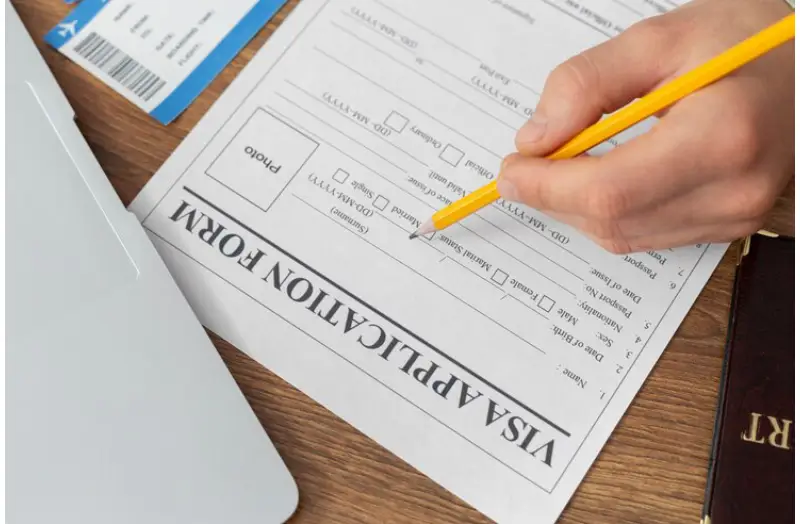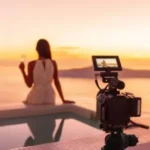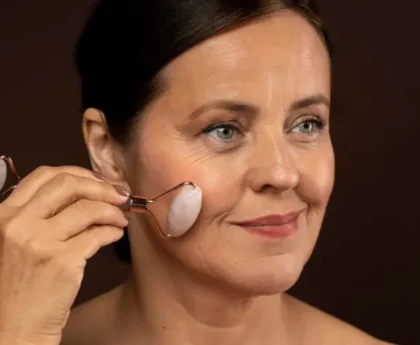The O1 visa is a non-immigrant visa granted to individuals who demonstrate extraordinary ability in their field of expertise. Whether you’re an artist, scientist, businessperson, or athlete, meeting the O1 visa requirements is crucial for a successful application. This guide will help you navigate the process, ensuring you meet the criteria and submit a strong application.
Understanding The O1 Visa
The O1 visa is specifically designed for individuals who have achieved exceptional recognition in their field. It is divided into two categories:
- O1A: For individuals in sciences, education, business, or athletics.
- O1B: For those in the arts, motion picture, or television industry.
Unlike other visas, the O1 visa requirements applicants to prove they are at the top of their field, making it one of the most competitive visa categories. The United States Citizenship and Immigration Services (USCIS) assesses applicants based on stringent requirements.
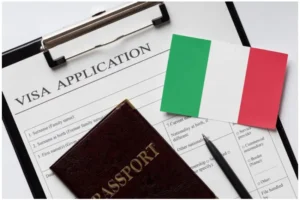
Key O1 Visa Requirements
Meeting the O1 visa requirements involves proving extraordinary ability and providing specific documentation. Here are the key criteria:
Evidence of Extraordinary Ability:
- For O1A applicants, you must show sustained national or international acclaim.
- For O1B applicants, you must demonstrate distinction in the arts or exceptional contributions to motion pictures or television.
Sponsorship by a U.S. Employer or Agent:
- You must have a job offer from a U.S. employer, agent, or sponsor. Self-petitioning is not allowed.
Detailed Itinerary:
- Provide a clear itinerary outlining your work or performances in the U.S. during the visa period.
Evidence of Eligibility:
- You must meet at least three of the eight criteria specified by USCIS for O1A or provide comparable evidence for O1B if the criteria do not apply to your field.
Meeting The USCIS Criteria
To meet O1 visa requirements, you need to provide documentation to prove you fulfill the eligibility criteria. Below are the categories and examples of evidence:
Awards and Recognitions
- Evidence of receiving a major international award (e.g., a Nobel Prize or Academy Award).
- Proof of smaller but significant national or international awards in your field.
Memberships
- Membership in organizations that require outstanding achievements, with criteria judged by recognized experts in the field.
Published Material About You
- Articles, profiles, or features about you in major trade or media publications.
- Proof of mentions in books, journals, or other publications.
Original Contributions
- Evidence of original contributions of major significance to your field, such as groundbreaking research, innovations, or artistic works.
Authorship of Scholarly Articles
- Published articles in professional journals or major media related to your field of expertise.
Participation as a Judge
- Invitations to judge the work of others in your field, such as competitions, panels, or peer reviews.
Leading or Critical Role
- Documentation proving you have played a leading or critical role in distinguished organizations, productions, or projects.
High Salary or Remuneration
- Evidence of receiving a significantly high salary or other compensation compared to others in your field.
Preparing Your O1 Visa Application
A successful O1 visa application requires meticulous preparation. Here are the steps to ensure your application meets all O1 visa requirements:
Identify a Sponsor or Petitioner
- You must work with a U.S. employer, agent, or sponsor who files the petition (Form I-129) on your behalf. Ensure the sponsor understands the nature of your work and supports your application.
Compile Your Documentation
- Collect evidence to prove you meet the eligibility criteria. Organize documents clearly and ensure they align with USCIS requirements.
Obtain Recommendation Letters
- Secure letters from industry experts, collaborators, or employers that validate your extraordinary ability and contributions to your field. These letters should:
- Detail your achievements and their impact.
- Be written by individuals recognized in your industry.
Craft a Strong Petition Letter
- Work with your sponsor to draft a compelling petition letter. This letter should explain how you meet the O1 visa requirements, highlight your achievements, and outline your planned work in the U.S.
Prepare a Detailed Itinerary
- Provide a clear schedule of your work or events during your stay. Include locations, dates, and details of your activities.
Engage an Immigration Attorney
- While not mandatory, hiring an immigration attorney can help ensure your application is error-free and well-prepared.
Common Challenges And How To Overcome Them
Meeting O1 visa requirements can be challenging, especially for applicants in non-traditional fields. Here are some common obstacles and solutions:
Difficulty Proving Extraordinary Ability
- Solution: Focus on gathering as much evidence as possible, including smaller awards, media coverage, or letters from peers.
Insufficient Documentation
- Solution: Double-check your documentation against USCIS requirements. Seek guidance from an attorney if needed.
Weak Recommendation Letters
- Solution: Ensure letters are detailed, personalized, and written by well-known individuals in your field.
Lack of a U.S. Sponsor
- Solution: Network within your industry to secure a U.S. employer or agent willing to act as your sponsor.
Timeline For The O1 Visa Application Process
The timeline for an O1 visa application varies but typically follows these steps:
Find a Sponsor and Gather Documents: 2-4 weeks.
File Form I-129: At least 45 days before your intended start date.
USCIS Processing:
- Regular processing: 2-3 months.
- Premium processing (optional): 15 calendar days.
Plan ahead and account for potential delays to ensure your application is processed on time.
Benefits Of The O1 Visa
The O1 visa offers several advantages, including:
- No cap on the number of visas issued annually.
- Ability to work for multiple employers (with separate petitions).
- Option to extend your stay indefinitely, as long as you maintain your extraordinary ability and work status.
- Opportunity to bring dependents (O3 visa) and essential support staff (O2 visa).
Conclusion
Meeting O1 visa requirements is challenging but achievable with proper preparation. By understanding the criteria, gathering robust evidence, and working closely with your sponsor, you can present a compelling case to USCIS. Whether you’re a scientist, artist, or athlete, the O1 visa can open doors to unparalleled opportunities in the U.S. Start early, stay organized, and seek professional guidance if needed to ensure a successful application.
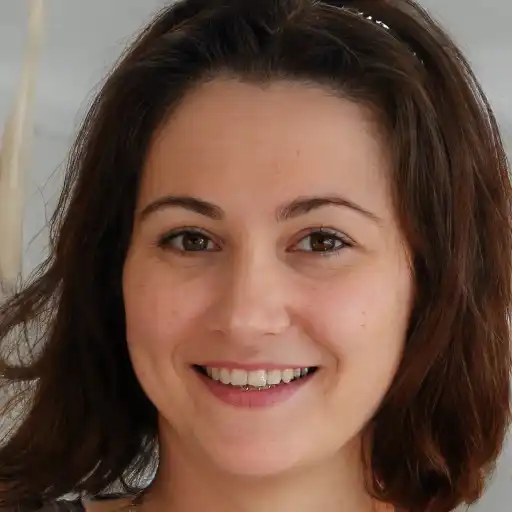
Marian Shields, a dynamic marketing expert, orchestrates brand narratives with finesse and insight. With a keen understanding of consumer behavior and market dynamics, Marian navigates the ever-changing landscape of marketing strategy, crafting compelling campaigns that resonate with audiences worldwide. Through her strategic prowess and creative vision, she helps businesses of all sizes unlock their full potential and achieve tangible results in the competitive marketplace.

